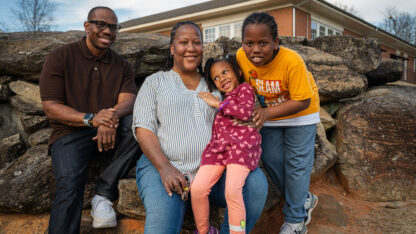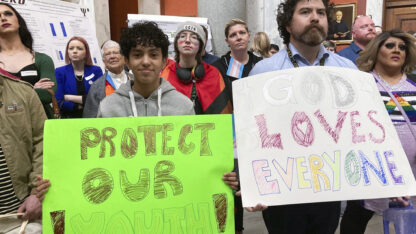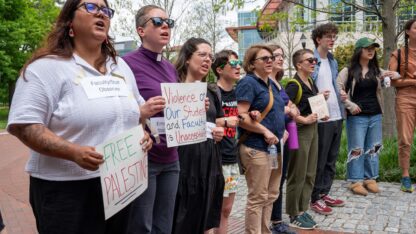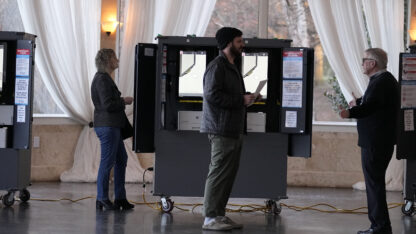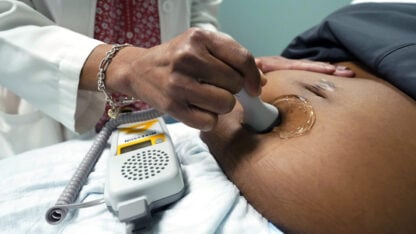Survey: Vaccine Hesitancy Subsides, But Those Refusing The Vaccine Barely Budge
Georgia’s vaccination rate remains well below the national average as the number of coronavirus infections continues to grow. But there are some signs that those who’ve been hesitant to the vaccine are coming around.
The Public Religion Research Institute and Interfaith Youth Core have been measuring public sentiment on vaccines throughout the country in a series of surveys.
Robert P. Jones, the CEO and founder of PRRI, says the number of people who are “vaccine hesitant” has fallen since March.
“Amid all of the bad news we’ve been getting, there actually is some good news in the survey data,” said Jones. “Vaccine hesitancy is down by half, compared to March.”
The March survey found 30% of Americans were “vaccine hesitant”, while a survey taken in June had fallen to 15%.
Jones credits part of that to more religious institutions encouraging members to receive the vaccine.
“We found that faith-based approaches, that is churches, synagogues, mosques and other religious congregations offering things like information on the vaccine or actually popping up a vaccine clinic at their congregation, these things have actually made a significant difference in the country,” Jones said.
But he says the number of Americans who outright refuse to get vaccinated, remains stagnant.
“Those saying they would refuse the vaccine has barely moved, from 14% to 13%,” Jones said. “So those most dug-in are still there.”
While 49% of Americans are fully vaccinated, that number stands at only 40% in Georgia. Meantime, 57% of the country’s population has gotten at least one dose, while Georgia’s percentage is 46%. If only people ages 12 and older are counted, the percentages climb to 67% for the country and 54% in Georgia with at least one dose.
Since the last survey, many parts of the country with low vaccination rates have seen a spike in infections. Health officials blame the highly-contagious delta variant. Jones says this may help drive even more to receive the vaccine.
“One of the things that we hope we’ll see is that the clear dangers in front of us will keep that momentum going,” said Jones. “And that the role that faith-based groups are playing on the ground will continue. It has been working and we’re showing that it has the potential to continue to work”



